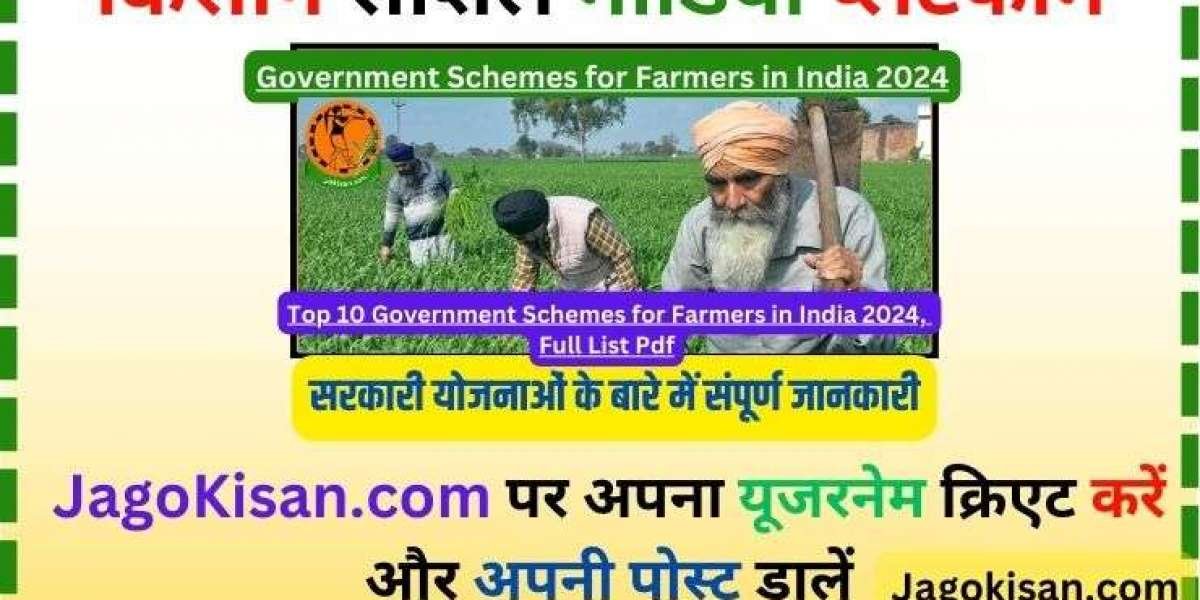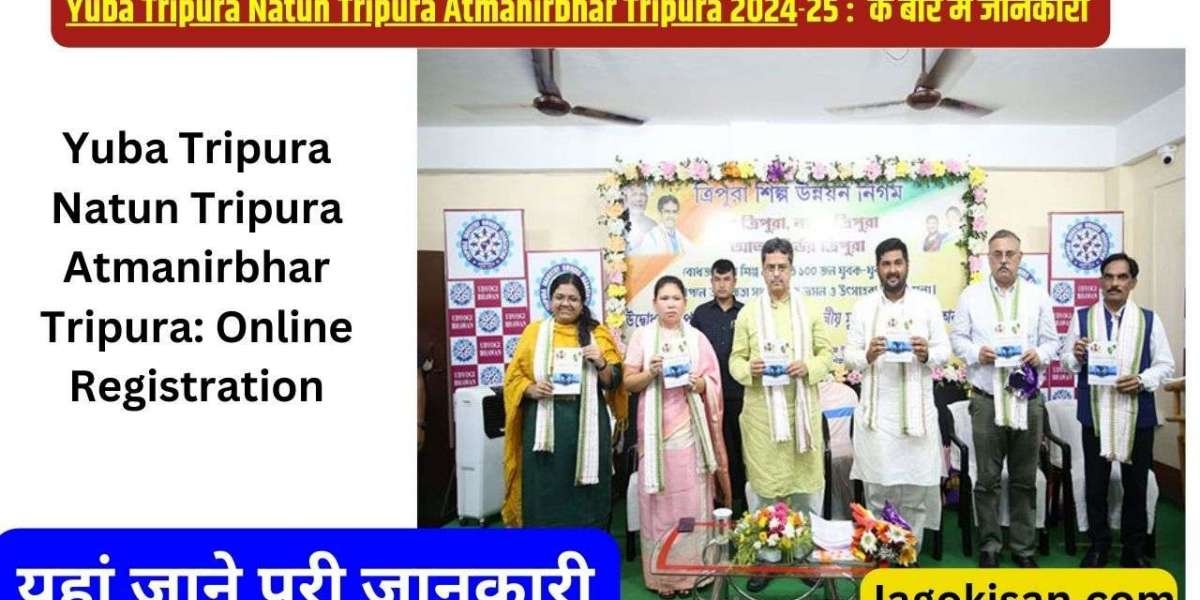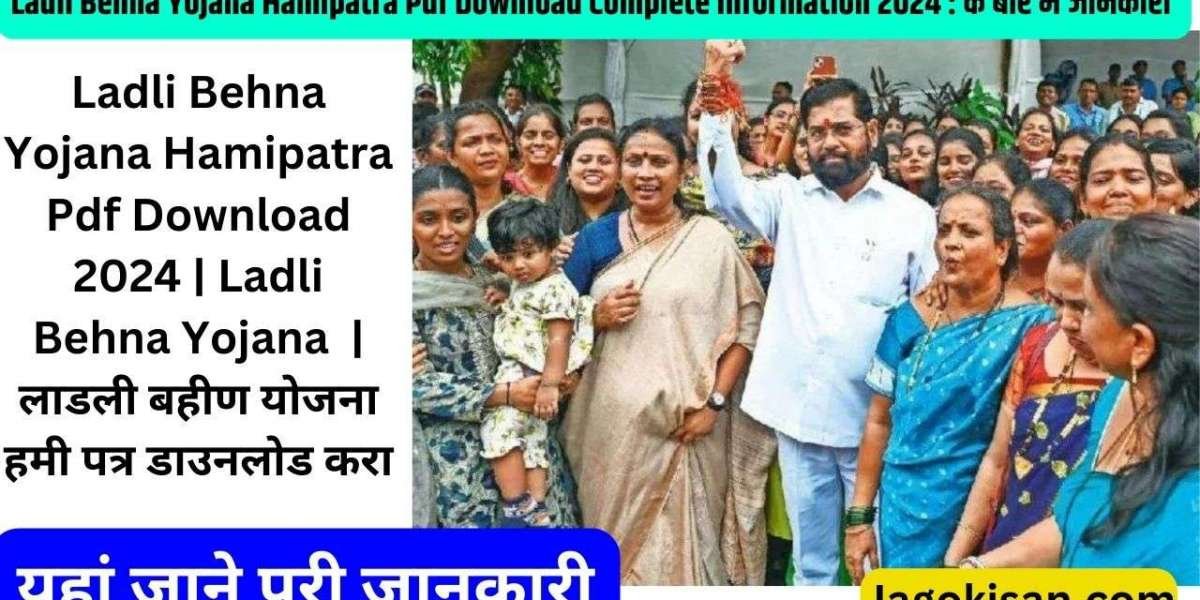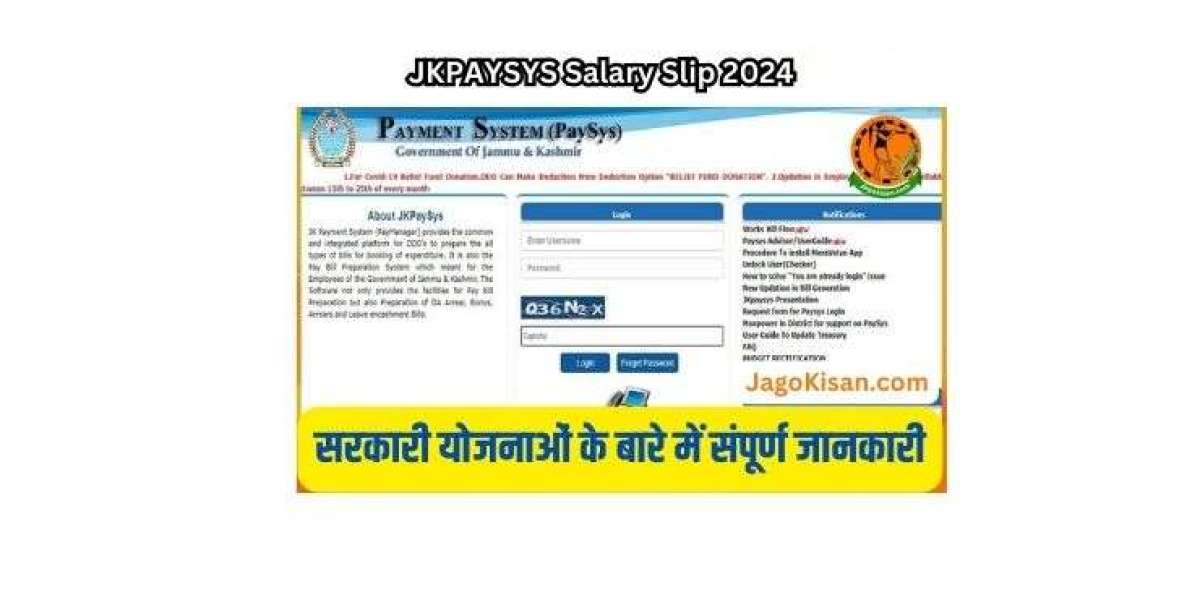Government Schemes for Farmers in India:- India’s economy is primarily based on agriculture, where millions of farmers work tirelessly to feed the country and sustain the rural livelihood.
Recognizing the vital role of farmers in the development of their country, the Government of India is committed to growing the agricultural sector and enhancing the welfare of farmers across the country.
The government seeks to empower farmers socially and economically by addressing the various issues they face through well-designed policies and initiatives.
The Government of India has implemented several programs to support farmers ranging from financial assistance to crop insurance to soil health care and trade reforms. Read till the end to know more about government schemes for farmers in India.
Pradhan Mantri KISAN Samman Nidhi (PM-KISAN)
The Government of India introduced the Pradhan Mantri Kisan Samman Nidhi (PM-KISAN) scheme as a farmer support scheme. Small and marginal farmers across the country receive direct subsidies from the government under this scheme, worth Rs 6,000 per annum.
Pm Kisan Samman Nidhi Yojana Helpline Number
The award is issued in three installments every four months. The PM-Kisan scheme aims to increase the income of farmers and enhance their self-reliance.
Pradhan Mantri Krishi Sinchai Yojana (PMKSY)
Launched by the Government of India in 2015, the Prime Minister’s Agricultural Irrigation Scheme (PMKSY) is a state-sponsored scheme. Farmers who install small irrigation systems should receive financial assistance from the scheme. All farmers with less than two hectares of land can participate in the scheme.
Financial assistance comes in the form of a five-year loan. There is no interest for the first two years of the loan. Farmers have responded well to the scheme, which has led to an increase in the use of small irrigation devices. The program has increased crop productivity and contributed to water use efficiency.
Pradhan Mantri Fasal Bima Yojana (PMFBY)
The Government of India launched the Prime Minister Crop Insurance Scheme (PMFBY), a crop insurance scheme, in 2016. The scheme seeks to provide financial protection to farmers against crop losses due to pests, diseases and natural disasters.
Pradhan Mantri Fasal Bima Yojana
All farmers growing notified crops in notified areas are required to participate in the scheme. Farmers and the government shared the cost of the program. For small and marginal farmers, half of the cost is paid by the government and the other half is borne by farmers.
Coverage against crop losses from cyclones, droughts, floods, hailstorms, pests, and diseases is offered by the programme. In addition, post-harvest losses from fire, theft, and other unanticipated circumstances are covered by the programme.
Through its subsidiaries, the National Agricultural Insurance Company (NIAC) oversees the system. Farmers have responded positively to the programme, which has lessened their susceptibility to crop losses.
Pradhan Mantri Kisan Maan-Dhan Yojana (PM-KMY)
The Prime Minister Kisan Mandhan Yojana (PMKMY), a central agency scheme to provide security to the most disadvantaged farmer families, was launched on September 12 Small and marginal farmers (SMFs) subject to selected qualifications out of the below can opt to affect the PM-KMY contribution scheme by making monthly payments to the pension fund Central Government will contribute an equivalent amount.
Applicants aged between 18 and 40 years have to make a contribution of Rs. 55 to Rs. 200 till the age of 60. In addition to the pension of Rs. 3,000 per month for registered farmers up to the age of 60 years, the PMKMY also takes care of farmers in their later years, subject to certain exemptions.
Ayushman Sahakar Scheme
India’s cooperative societies can upgrade their healthcare facilities with financial support from the government through the Ayushman Sahakar Yojana.
The program in which Rs. 10,000 crore budget, and was launched by 2023. The program provides financial assistance to various sectors for various uses, such as: construction and rehabilitation of hospitals and health centres, promotion of preventive health care , procurement of medical supplies, Educating doctors, the scheme is expected to benefit more than 100 million Indians.Scaling up high quality healthcare in underserved rural communities is an important step.
National Beekeeping and Honey Mission (NBHM)
A new beekeeping focused programme, National Bee and Honey Mission (NBHM) was launched by 2020 under Atmanirbhar Bharat Abhiyan to achieve a smooth transition and promote scientific beekeeping and developed in general. The scheme was established because of the importance of bees.
Soil Health Cards (SHC) Scheme
To improve the soil health of India’s agricultural land, the government launched the Soil Health Card (SHC) scheme in 2015. The program aims to provide farmers with comprehensive nutrient assessment and suggestions on how to improve soil health and productivity The SHC program is administered by the Ministry of Agricultural Cooperation and Farmer Welfare, Government of India.
All Indian states and union territories are implementing this system. Each farmer’s field receives a soil sample, which is taken as part of the SHC program and sent to the laboratory for testing.
The soil samples are put through 12 specific parameter tests in the laboratory including nitrogen (N), potassium (K), sulfur (S), phosphorus (P), copper (Cu), zinc (Zn), iron (Fe), and etc. including .More Visit the official website to find out.
National Bamboo Mission (NBM)
The National Bamboo Mission (NBM) was launched in 2018 as a government initiative to promote the use and cultivation of bamboo in India. The project seeks to improve bamboo wood production, expand the area under bamboo cultivation and create new employment opportunities in the bamboo industry The NBM project is managed by the Department of Agriculture and Farmers Welfare, Government of India. All Indian states and union territories are implementing this system.
Pradhan Mantri Annadata Aay SanraksHan Abhiyan (PM-AASHA)
The Government of India launched the Pradhan Mantri Annadata Aay Sanraksha Abhiyan, a centrally sponsored program in 2018 to support the prices of agricultural commodities. The program is administered by the Ministry of Agriculture and Farmers Welfare.
To stabilize farmers’ incomes and ensure food security, PM-AASHA aims to fix minimum prices for their produce. The program also aims to increase farmers’ productivity by reducing production costs. Growers of listed crops such as sugarcane, wheat, rice, sesame seeds, pulses and coconuts are eligible to participate in the scheme.
The government will fix a minimum price for each crop based on the cost per crop and the market price. About 120 million Indian farmers are expected to benefit from the scheme. The government has allocated Rs 20,000 crore for this scheme for the current financial year.
National Food Security Mission (NFSM)
To boost India’s output of rice, wheat, and pulses, the government introduced the National Food Security Mission (NFSM) in 2007. The programme is run by the Government of India’s Ministry of Agriculture and Farmers Welfare.
The goal of the NFSM is to guarantee food security for the Indian populace while achieving self-sufficiency in food grains. The programme also attempts to lessen poverty in rural areas and increase farmer incomes.
Rashtriya Gokul Mission (RGM)
The National Gokul Mission (RGM) was launched in 2014 as a government initiative to conserve and develop India’s indigenous buffaloes. The program is administered by the Animal Husbandry and Dairy Department of the Government of India.
The aim of the RGM is to preserve the genetic diversity of native cow breeds and increase their numbers and milk production. Another goal of the project is to promote the use of native species for sustainable agriculture.
National Mission on Natural Farming (NMNF)
The Government of India introduced the National Mission on Natural Farming (NMNF), a centrally supported initiative, in 2021. It encourages the nation to use natural farming practices. By 2025, the mission wants to see a 50% increase in the area used for natural farming. It is the Ministry of Agriculture and Farmers Welfare that is carrying out NMNF. Farmers who implement natural farming practices can receive financial aid, support, and training from this programme.
An ecologically responsible and sustainable method of farming is natural farming. It enhances crop output and soil health by utilising organic inputs like manure and compost. Pesticides and artificial chemicals are also avoided. India’s agricultural sector may have a major negative influence on the environment if the goal is successful.
FaQ
Q.What is the National Mission on Edible Oils?
Ans.The Government of India launched a centrally sponsored scheme called National Mission on Edible Oils – Oil Palm (NMEO-OP) by 2021. It increases domestic consumption of edible oils, especially palm oil production Up to a year By 2030, the mission's goal is to produce enough edible oil to feed itself.
Q.What is the main aim of the National Scheme of Welfare of Fishermen (NSWF)?
Ans.Centrally sponsored programs known as the National Fishermen Welfare Program (NSWF) were initiated in 2006. It seeks to improve the social and economic conditions of the nation’s fishermen Fishermen can benefit from the scheme in many ways so including training, insurance and support .
Top 10 Government Schemes for Farmers in India 2024, Full List Pdf
brothers, if you are liked given with the information then plz like and share so that other farmer brothers can also be helped








